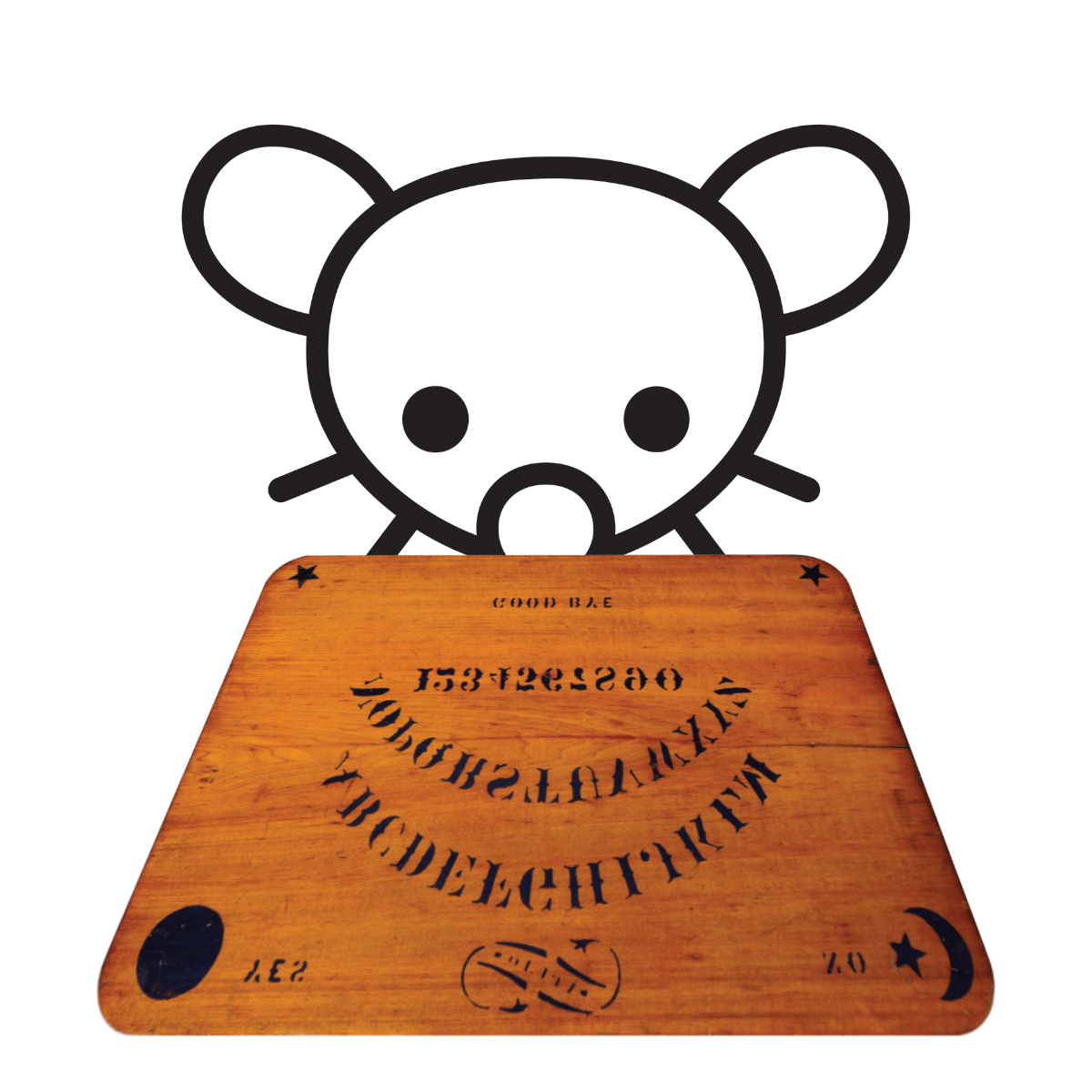- 1 Post
- 27 Comments

 2·5 months ago
2·5 months agoMight be underwiring they need, instead.
Ah, I see. We don’t tend to put it to the mouth. It’s more “fuck you”. Apparently comes from demonstrating to the French that you still have your bow-drawing fingers and intend to use them. British archers captured by the french would have their first two fingers removed to prevent them launching arrows.
In the UK two fingers up is a rude gesture and it comes from battles with the french. If they caught a British archer they removed those fingers so they couldn’t fire a bow. So sticking them up at the enemy and gesturing was showing they had them and would use them to fire arrows at them. I am not an historian, though, and this could just be one of those tales that sounds so true everyone believes it and passes it on.
We do? Can you describe the gesture? Maybe it’s so ingrained I don’t even recognise it. Or I need to learn it. Then I can use it at everyone today.
The phrasing was “you get fault points for” which strongly suggests assigning fault rather than listing out “points at fault”.
Also I think the term would be “points of failure” for the way you read it. At least that’s howbive heard it used and used it myself.

 6·9 months ago
6·9 months agoYeah, I agree. I was just trying to clarify the intent of the comment.
But also I think that’s the point of that line of debate. It is an attempt to show a religious stance from an atheist perspective in which belief is a while load of possible strange things accepted as true. It’s not really much use other than when you’re faced with someone who things your lack of theism is the opposite of their particular brand of religion and frames the discussion around which bits you have issue with, as if they might prove to you that you’re wrong. Or to show that their belief that their religion is correct and all the others, including atheism, are the wrong ones, isn’t really the other side of what an atheist thinks.
More a thought experiment than meant to characterise the entirety of atheism.

 14·9 months ago
14·9 months agoI quite like them. And I don’t mind Jehovah’s witnesses. I can ignore or politely send them away without much hassle. But I think it’s nice that they believe they can save people and actively try to do so. If I believed, I hope I would be a good enough person to try to save everyone else, too.
Of course, this doesn’t apply to people who are trying to force people or demand poor treatment of people with different beliefs. It really depends where it comes from.

 101·9 months ago
101·9 months agoThat’s what they’re saying. An atheist believes in 0 of the total options for gods and religions that you get if you add them all up. A believer believes in 1 or a few of them. So really, the religious are also non-believers when it comes to most gods and religions.

 1·9 months ago
1·9 months agoOh, that’s odd. When I viewed it on mobile it was laid out really well. Your screenshot looks very different to what I saw.
He has a wife, you know…
(Next server name: Incontinentia Buttocks)

 11·10 months ago
11·10 months agoMy favourite bit of this is the comment at the bottom of the page that just says “doubt it”. So glad scientific discourse is alive and well.

 2·11 months ago
2·11 months agoAs long as there’s a system, I think they’re useful. You can argue they weight things incorrectly but it’s useful to have some way to see how a country does against the same evaluation for rest of the world. I don’t know if this is the best data, but I don’t see anything that pops out as particularly odd.
At the bottom, it’s not much between NK and the two below. But the two below are Myanmar and Afghanistan, which I don’t think is too crazy.

 11·11 months ago
11·11 months agoI certainly never intended to silence discussion. I’d have said I was opening up the discussion, if anything, by poi ting out that there’s some data available that suggests the USA is far from the most democratic nation. Which, as I read it, was a tongue in cheek statement in the comment I replied to.
But, now it is being discussed, I’m interested in the view that monarchy should have a paeticylarly large negative weight on the ranking. I’m not a royalist and think any monarchy with even a hint of power means less than absolute democracy. But I don’t think many of the monarchies in those high ranking countries have as much of a negative impact as other factors that can reduce the input of a population to the democratic process. The big one for me would be how individual voting gets weighted.

 201·11 months ago
201·11 months agoMost democratic country is Norway.
USA is at position 26.
https://wisevoter.com/country-rankings/most-democratic-countries/
 4·1 year ago
4·1 year agoThe article bemoans people needing to pick sides, but then makes a case for being anti-palestine because of the regime. Not wanting Palestinians to be treated the way they have, not wanting constant expansion of Israel at the cost of Palestinian land, lives and liberty, isn’t the same as being pro-hamas.
I’m “for Palestine” in the sense that it should be recognised as a state, it should be seen as part of the region and given support and resources to make the lives of the people livable. I don’t like the regime at all, but the treatment Palestine has received in the past 70 years makes it fertile ground for extremism to take over.
It’s not really cognitively difficult to both want an end to violence and oppression of the state while also wanting freedom from persecution within it.
To me, the article says people see things as two aides, which is bad, but then seems to argue that people are picking the wrong side.

 7·1 year ago
7·1 year agoI think if you found the shop magically disappeared the next day after selling only the things people were looking for, no matter how random, it would make more sense.
Maybe they only sold drugs because someone wanted some.

 1·1 year ago
1·1 year agoHi. You read correctly - the research is specifically about those with an adult diagnosis or self-diagnosis as an adult. Thank you for taking a look, though.




I agree with you on the ending. It felt like they intentionally left a lot unresolved to encourage calls for a second season, at the expense of the story. It would have been much better if there was some resolution to a few aspects and/or a hint at the fallout of the actions in the season.
Good subtle world building, too.